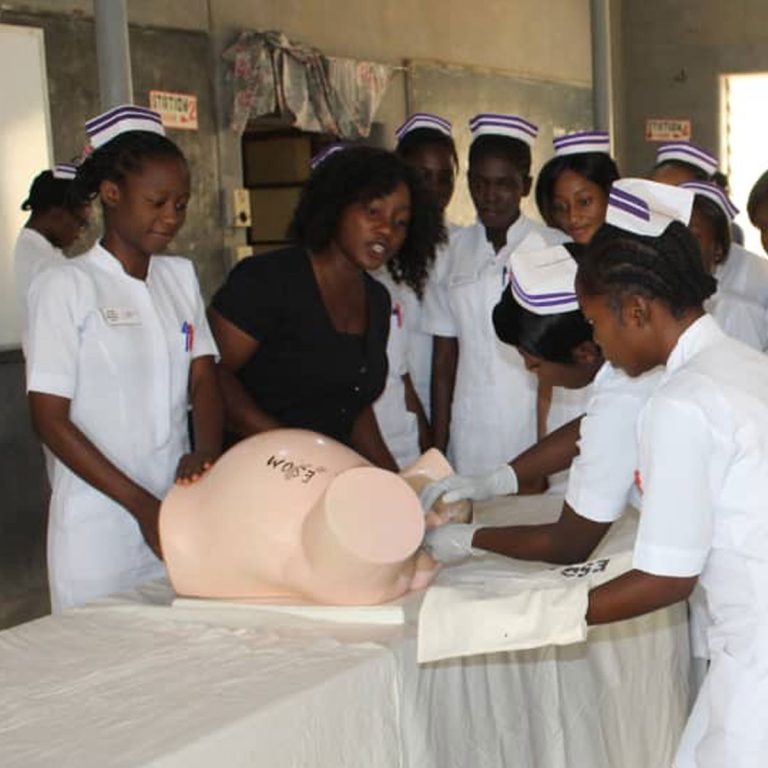A global study conducted by the O’Neill Institute for National and International Health Law and the World Health Organization (WHO) has revealed significant gaps in legal protections for health workers, with mental health services and safeguards against discrimination being the most neglected.
The study reviewed over 1,200 laws from 182 countries to assess their alignment with the Global Health and Care Worker Compact, adopted in 2021 by the World Health Assembly.
The Compact was designed to provide countries with a roadmap to safeguard health workers’ rights, promote decent work, and ensure safe working environments. It was a response to the heavy toll paid by health and care workers during the COVID-19 pandemic—over 115,000 health worker deaths—and a growing global shortage of over 10 million health workers.
Despite its importance, the study found that only 62% of existing laws are aligned with the Compact. “Nearly every country has areas where their national laws fall short of the Compact’s recommendations, although the alignment is achievable,” said Matt Kavanaugh, Director of the Center for Global Health Policy and Politics at the O’Neill Institute.
Key findings of the study:
- Mental health neglected: While 69% of countries guarantee health services for workers, only 20% ensure coverage for mental health and well-being. Alarmingly, 12% have no health provisions at all for healthcare workers.
- Community health workers excluded: Community health workers often lack legal protections and do not earn minimum wage, further marginalizing these critical contributors to public health.
- Wealth vs. protection: Surprisingly, a country’s wealth does not necessarily correlate with the level of protection offered to health workers.
The study highlights the urgent need for legal reforms to protect and retain health workers globally. “Law reform is key to building a better and more effective health workforce,” emphasized Kavanaugh, describing the findings as a “glass half-full” moment.
ALSO READ Agency woos stakeholders on pharmaceutical grade starch production
Dr. Atul Gawande, Assistant Administrator for Global Health at USAID, praised the research for providing a baseline for countries to measure their progress. “Health systems are abstract, but health workers are the system. Strengthening systems means strengthening them,” he said.
Challenges in Africa and beyond:
In Africa, where health worker shortages are projected to hit hardest, just over half of the countries have laws aligned with the Compact. Poor working conditions often drive health workers to migrate, worsening the crisis, noted Professor Laetitia Rispel from the University of the Witwatersrand, South Africa.
Trade unionist Jillian Roque highlighted the plight of healthcare workers in the Philippines, where unionists face harassment and violence. Despite this, unions have achieved milestones, such as raising nurses’ salaries ratifying conventions on occupational safety and eliminating workplace violence.
Gendered impacts:
With two-thirds of the global health workforce being women, the lack of protections is disproportionately borne by them. “Investing in today’s workforce and their protections is the first step to ensuring health systems can meet future demands,” said Jim Campbell, Director of the WHO’s Health Workforce Department.
The study’s findings, published in PLOS Global Health and available on a dedicated website, aim to serve as a benchmark for countries to enhance legal protections for health workers and strengthen health systems worldwide.


